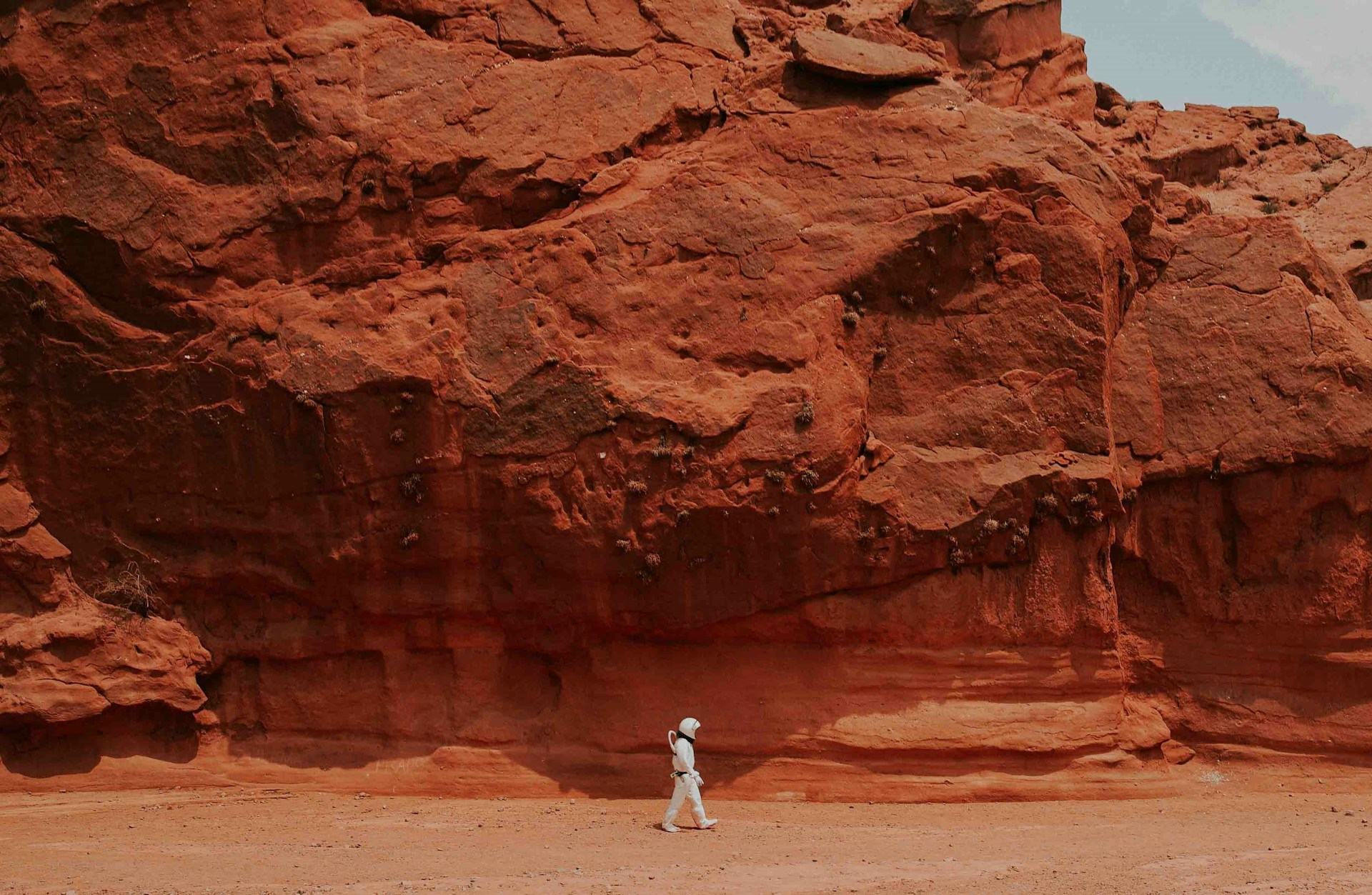Look, I love a good escapist fantasy as much as the next burned-out Earthling. Give me sprawling sci-fi landscapes, sleek space suits, and dramatic monologues about “the future of humanity,” and I’m in. But let’s talk plainly: this obsession with life on Mars? It’s not just misguided—it’s a cosmic-level distraction.
1. We Can’t Even Handle Earth
Before we go colonizing another planet, maybe we should prove we can sustainably live on the one we already have. Rising sea levels, food insecurity, wildfires, droughts, political collapse—do we really think we’re going to build a utopia on a red rock that makes the Sahara look like a luxury resort?
The idea that we’ll solve Earth’s problems by abandoning ship is not innovation. It’s evasion. And worse, it’s elitist—because spoiler alert: only the wealthiest would be buying a one-way ticket to Mars. The rest of us? Still stuck here, breathing in wildfire smoke and trying to afford lettuce.
2. Mars Is Not Actually That Cool
Let’s demystify this a bit. Mars is hostile. Its atmosphere is 95% carbon dioxide, average temperatures hover around -80 degrees Fahrenheit, and the radiation exposure alone would make your dermatologist weep. No breathable air, no liquid water (not really), and no magnetic field to shield you from cosmic rays. It’s not a blank slate for a new society—it’s a vacuum-sealed coffin waiting to happen.
3. The Billionaire Fantasy Industrial Complex
You know who really wants to go to Mars? Billionaires. And not because they’re visionaries—they just don’t want to pay taxes or deal with the social contracts that come with living on Earth. Mars becomes the ultimate libertarian fantasy: no regulations, no labor laws, no history of colonization (yet), and no pesky public to answer to.
But Mars isn’t a fresh start. It’s a projection of our worst impulses—extractive, escapist, and entirely unrooted from the collective work required to build a livable future here.
4. We Don’t Need Another Frontier
There’s this tired myth in Western storytelling that the answer to every problem is a new frontier. When things get hard, we go west. When west is full, we go to the moon. When the moon doesn’t pan out, we set our sights on Mars. But this relentless urge to leave instead of repair is how we got into this mess in the first place.
What if the radical act isn’t running away, but digging in? What if the great experiment of the 21st century isn’t about building biodomes on a dead planet—but reimagining life, justice, and stewardship on the miraculous, living one we’ve got?
5. We Have Everything We Need—Right Here
Earth is astonishing. It’s abundant. It’s resilient. It’s beautiful beyond measure. And it’s in crisis. The same minds dreaming up terraforming projects on Mars could be channeling that energy into climate solutions, sustainable agriculture, housing, healthcare, and all the other things we actually need to survive and thrive.
The fantasy of Mars is seductive because it offers distance—from our failures, from our systems, from ourselves. But we don’t need distance. We need proximity. We need intimacy with the problems—and the people—right in front of us.
So no, I’m not buying the Mars hype. Not when there’s still so much wonder—and work—to do right here on Earth.
Let’s start here. Let’s stay.






13 Comments